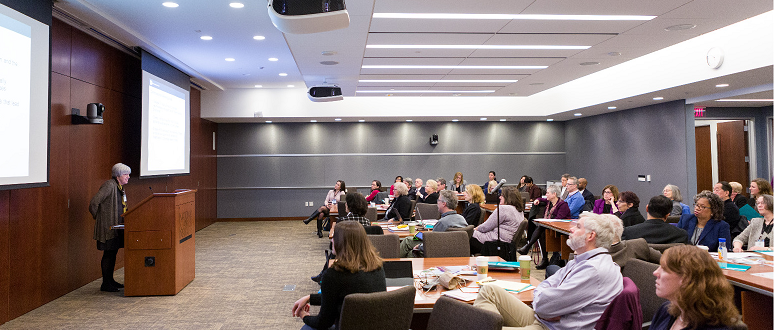The Breast Cancer and the Environment Research Program (BCERP) is a joint effort co-funded by the National Institute of Environmental Health Sciences (NIEHS) and the National Cancer Institute (NCI). The overarching goal of the BCERP is to support integrated scientific research to enhance our understanding of environmental and genetic factors underlying breast cancer risk. The BCERP supports a multidisciplinary network of scientists, clinicians, and community partners to examine the effects of environmental exposures that may predispose a woman to breast cancer throughout her life. The BCERP affords greater flexibility to broader multidisciplinary teams of investigators to examine other windows of susceptibility that could be informative, especially in light of novel findings of the effects of diet, hormone replacement therapy, and long-term exposure to agents such as endocrine disruptors in adults, as well as children.
The BCERP has two main components: the Windows of Susceptibility studies (laboratory and epidemiological) addressing environmental influences on breast cancer risk throughout the lifespan and a Coordinating Center with responsibility of providing intellectual leadership and logistical support for the BCERP consortium by identifying and facilitating opportunities for cross-BCERP collaboration, and disseminating research findings through partnerships with stakeholders.



